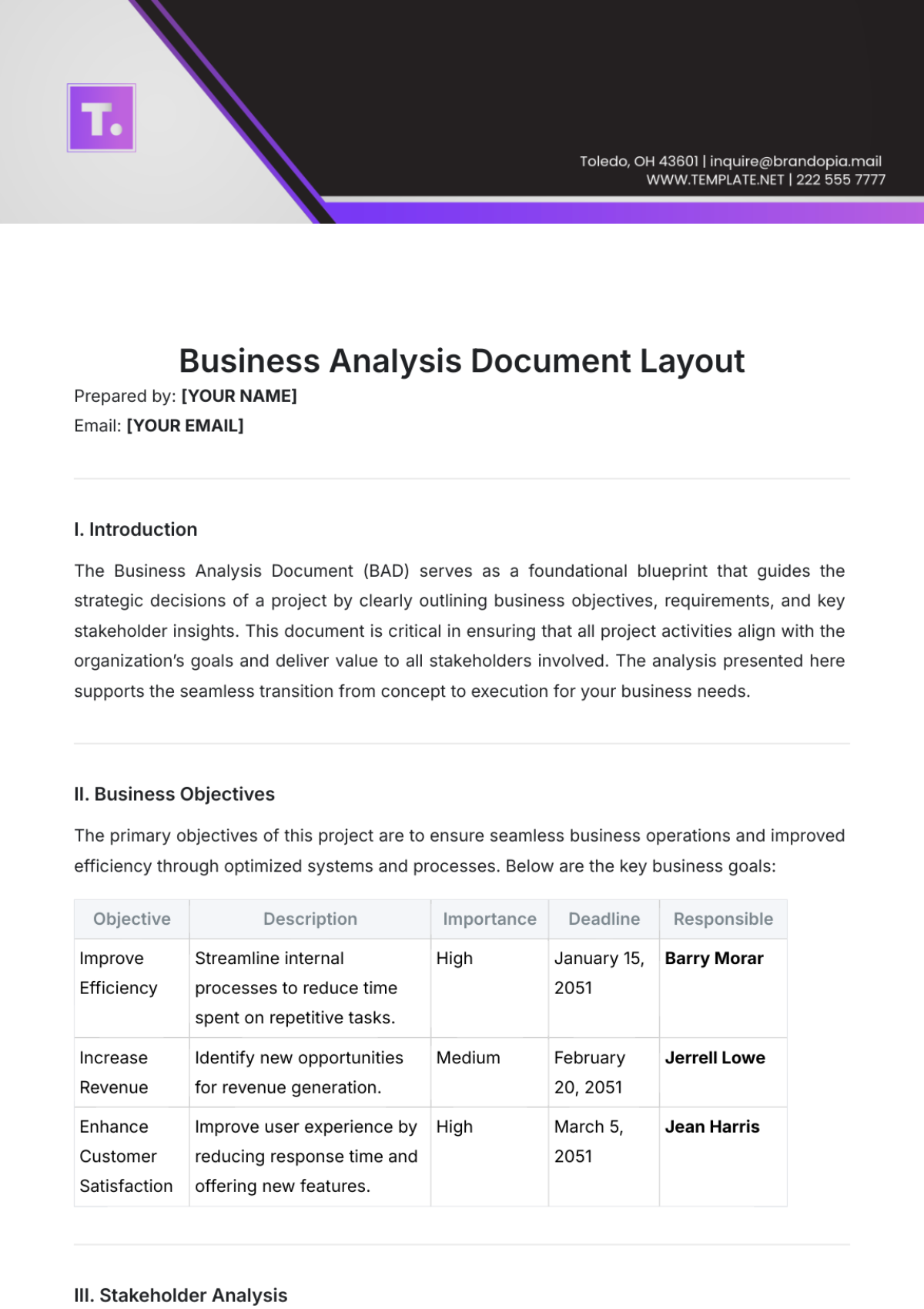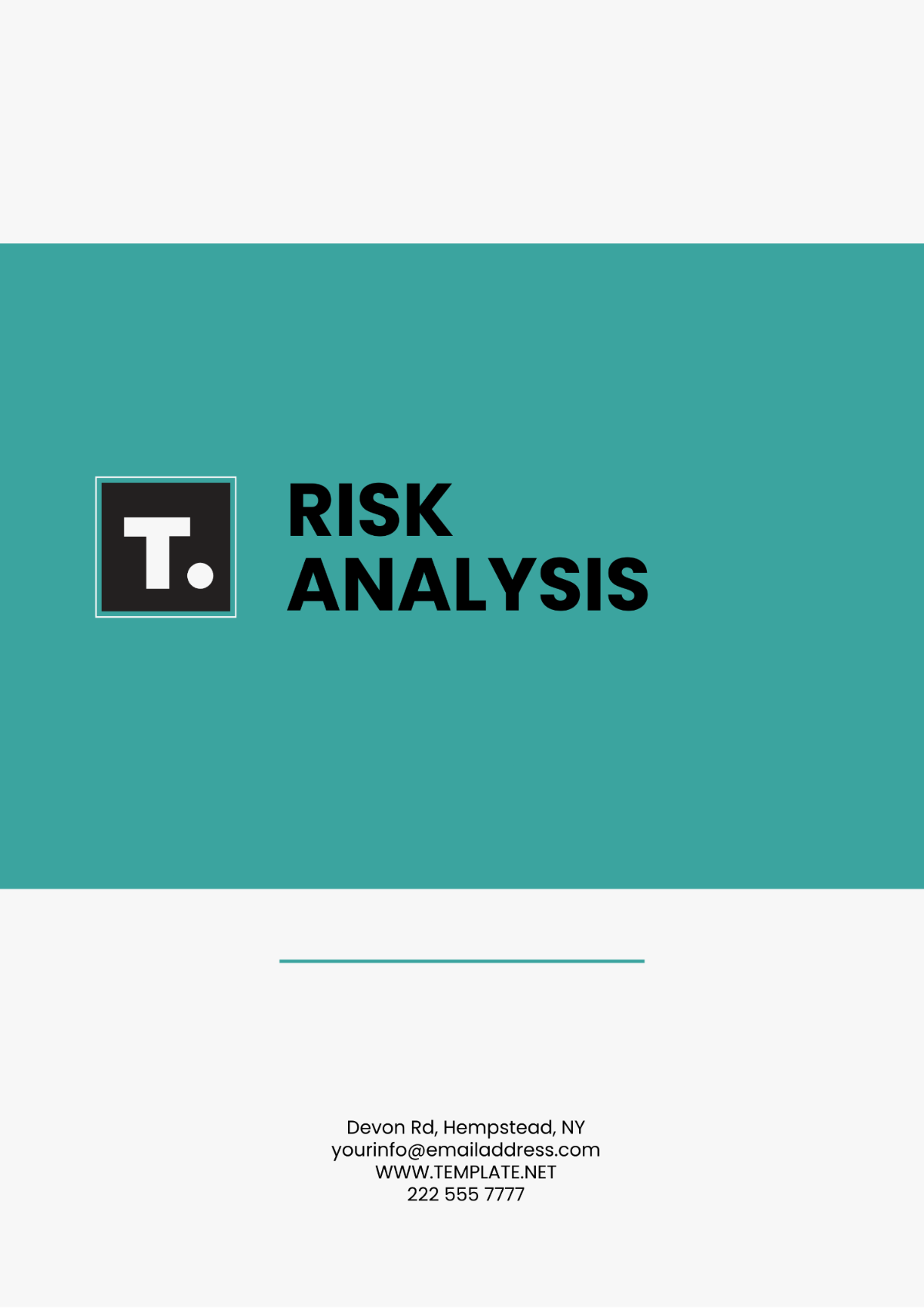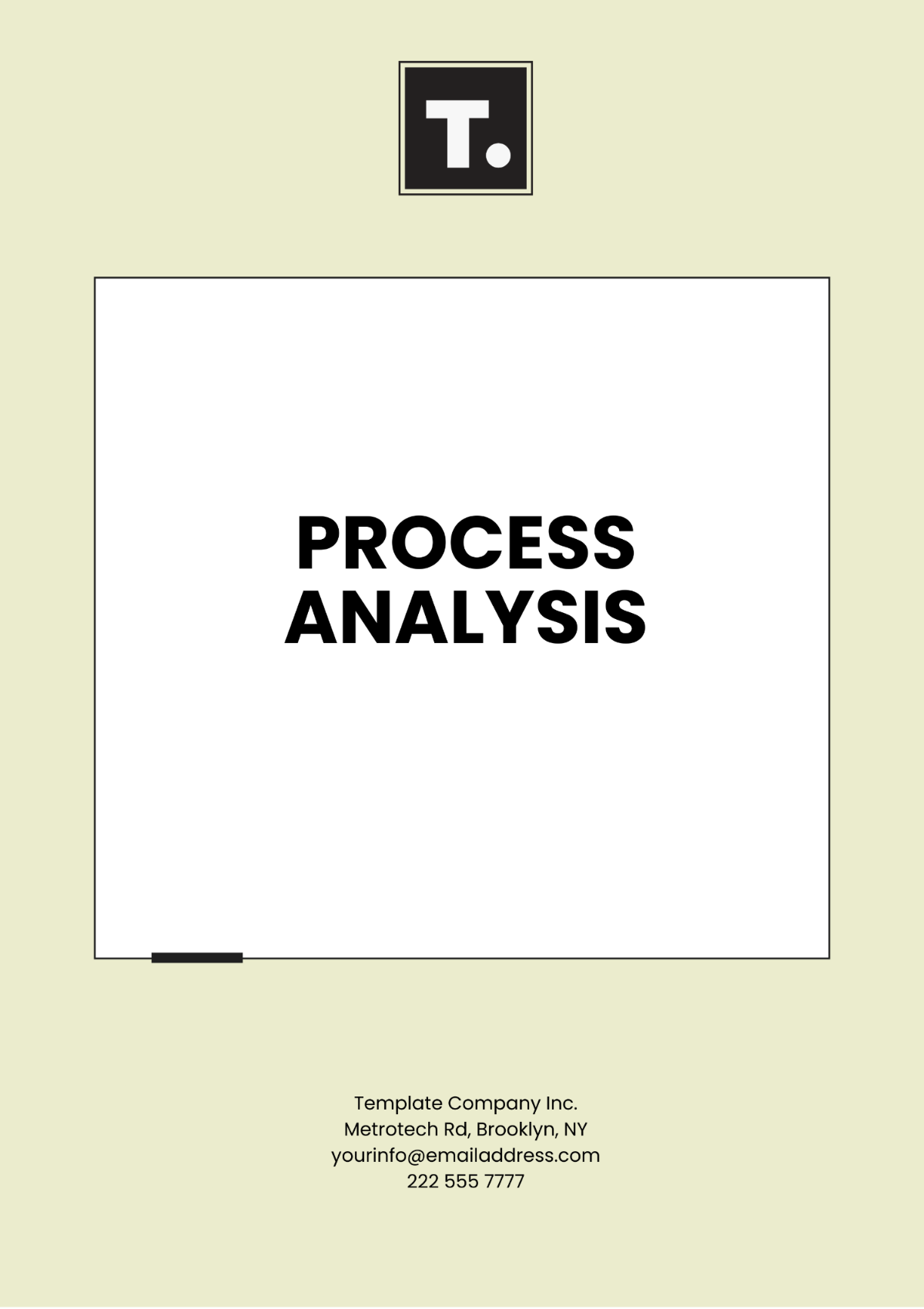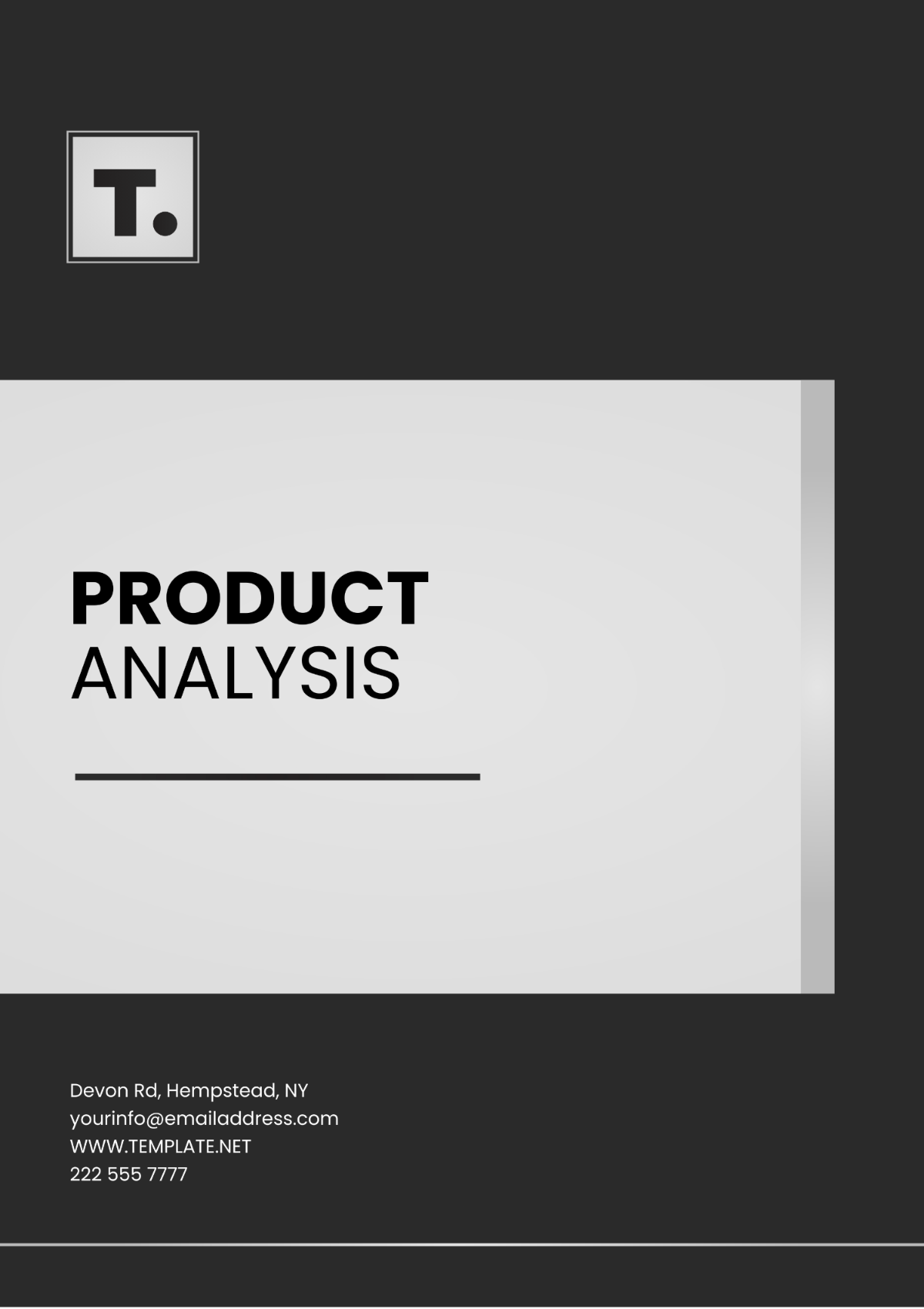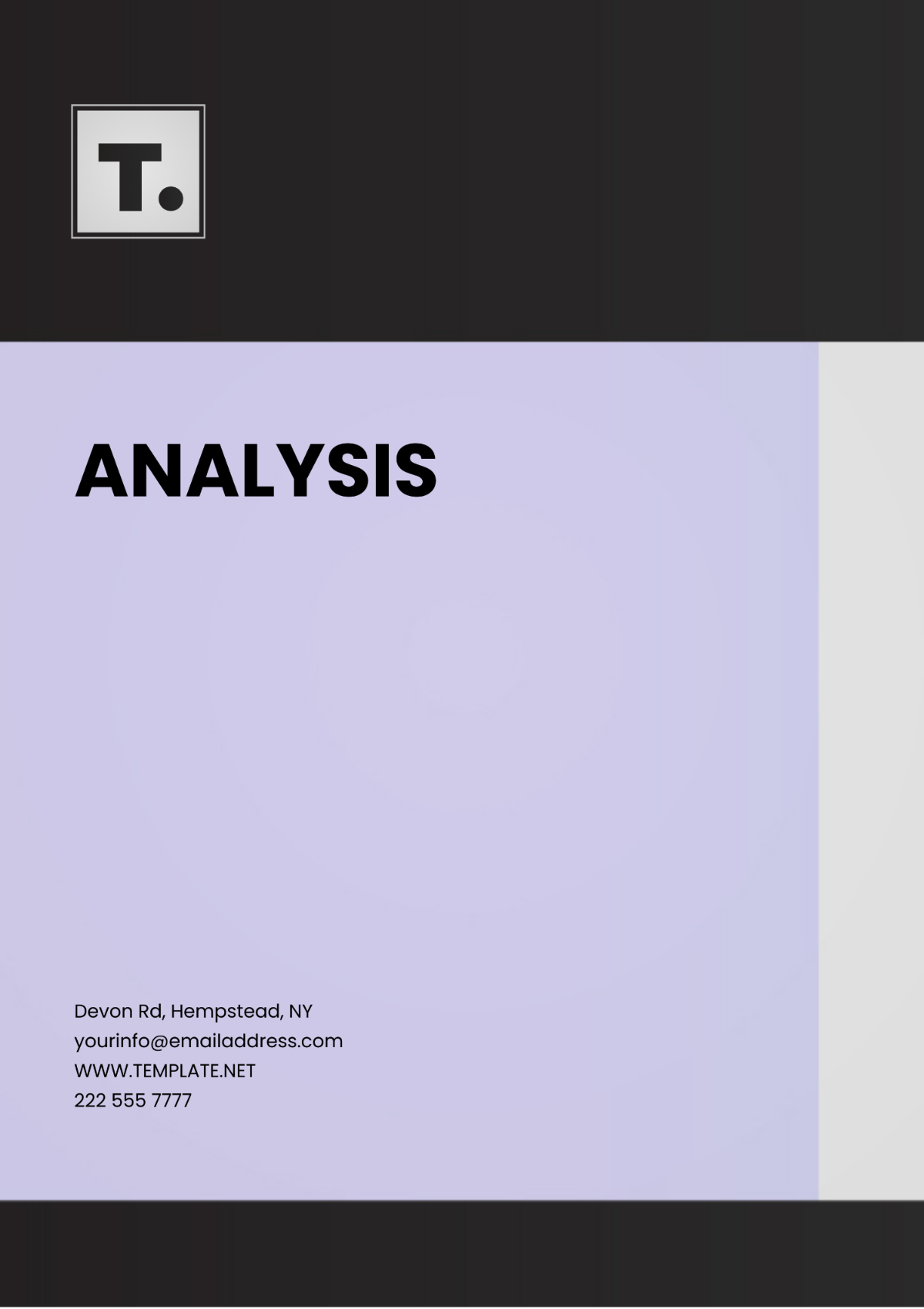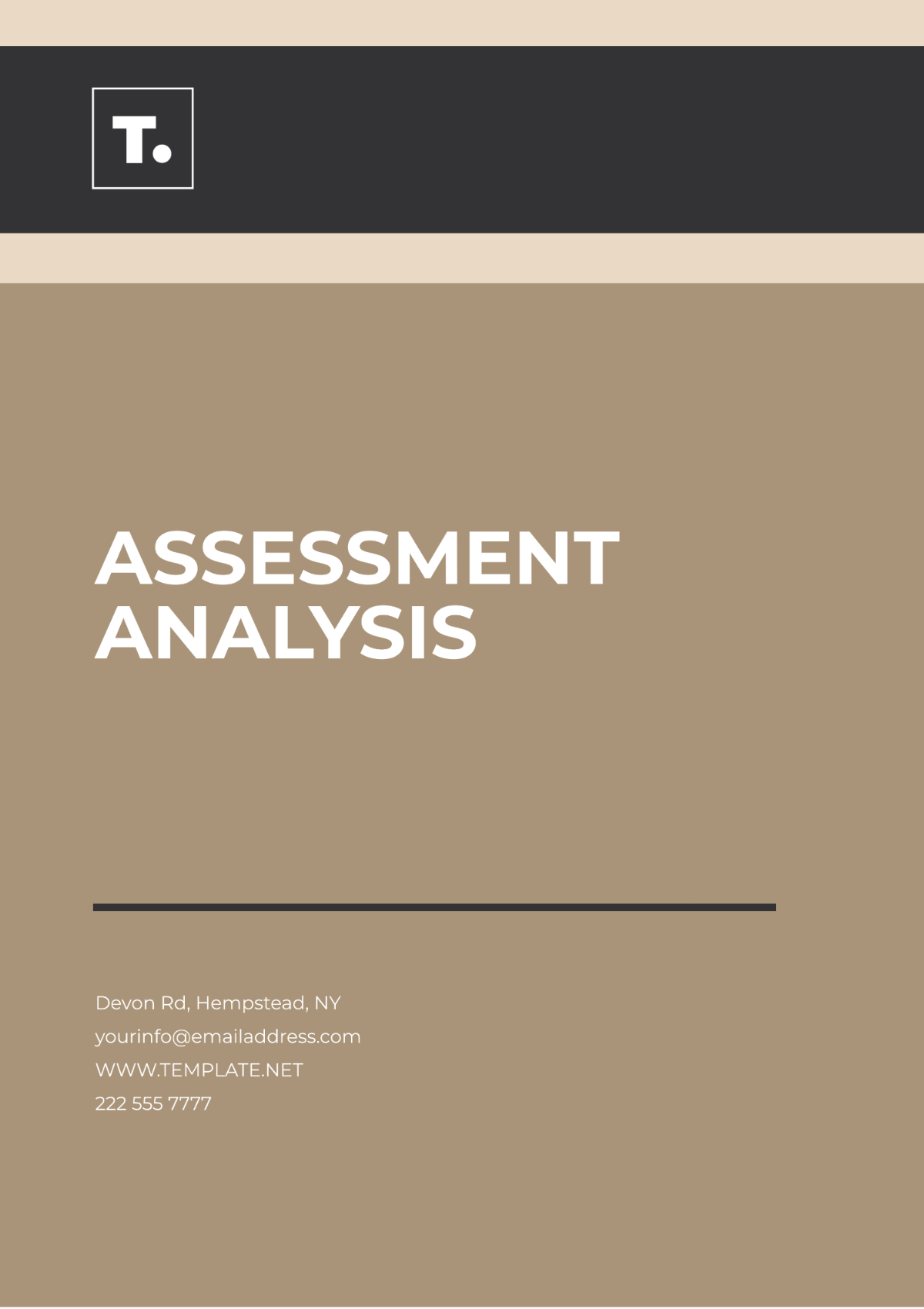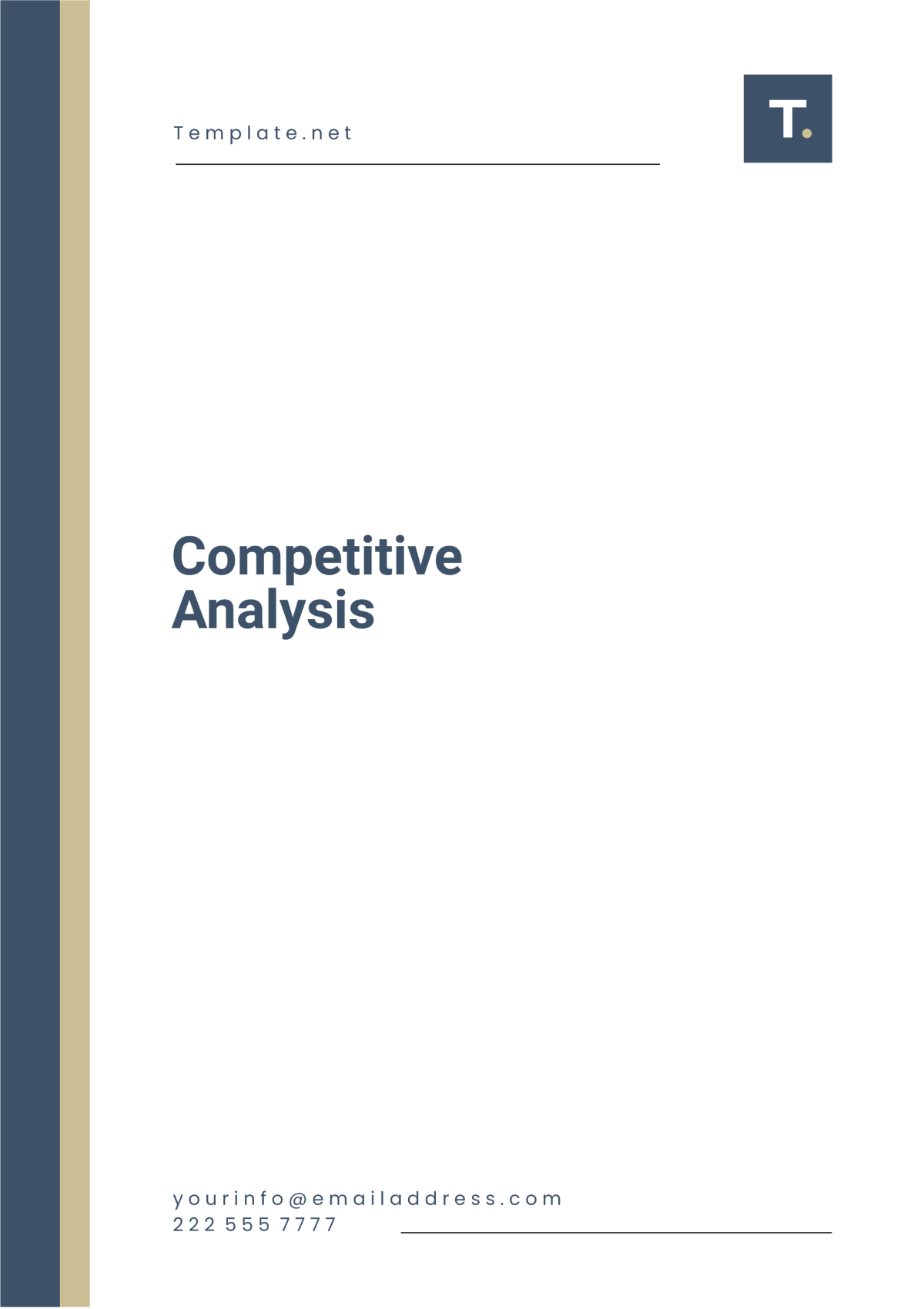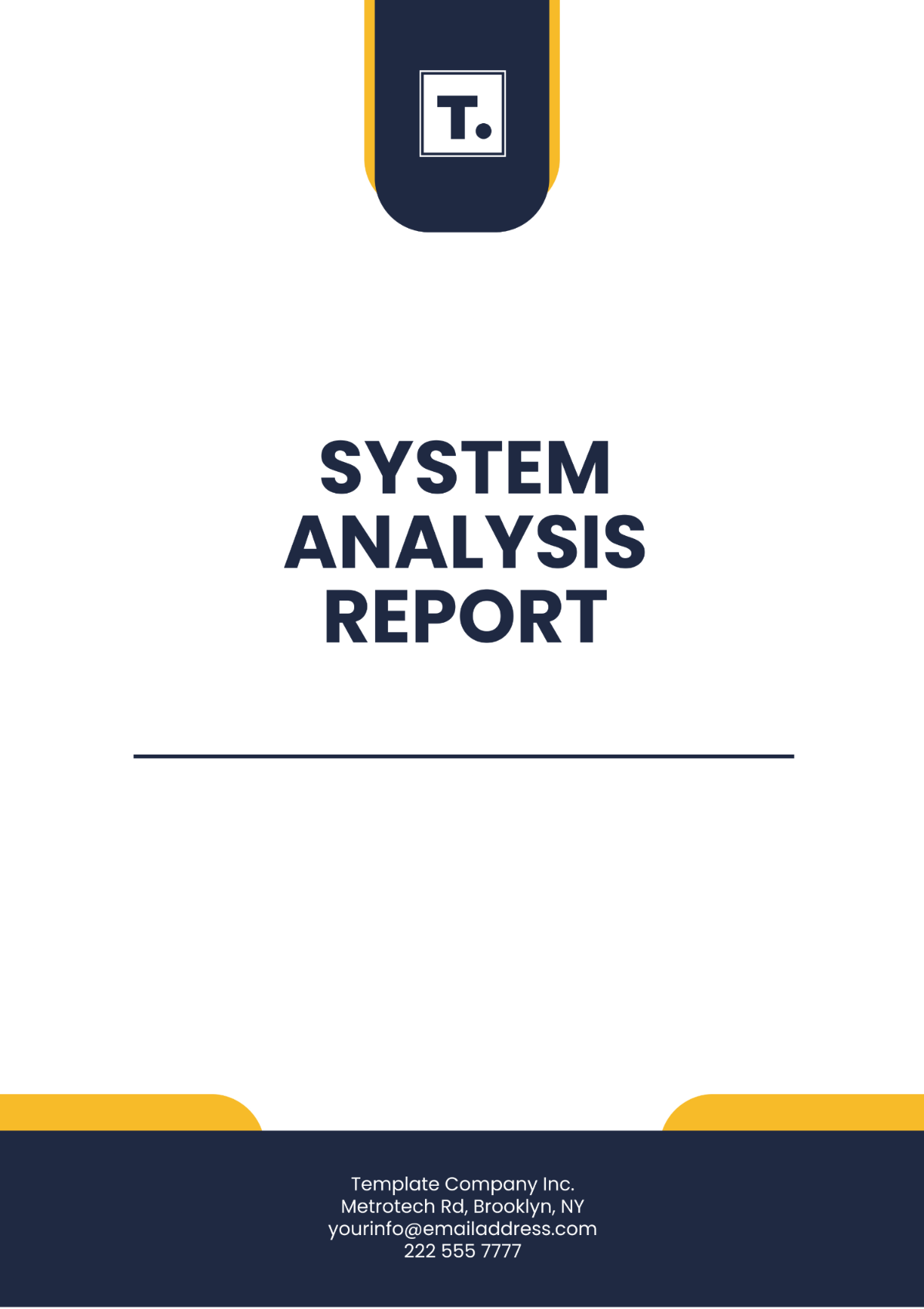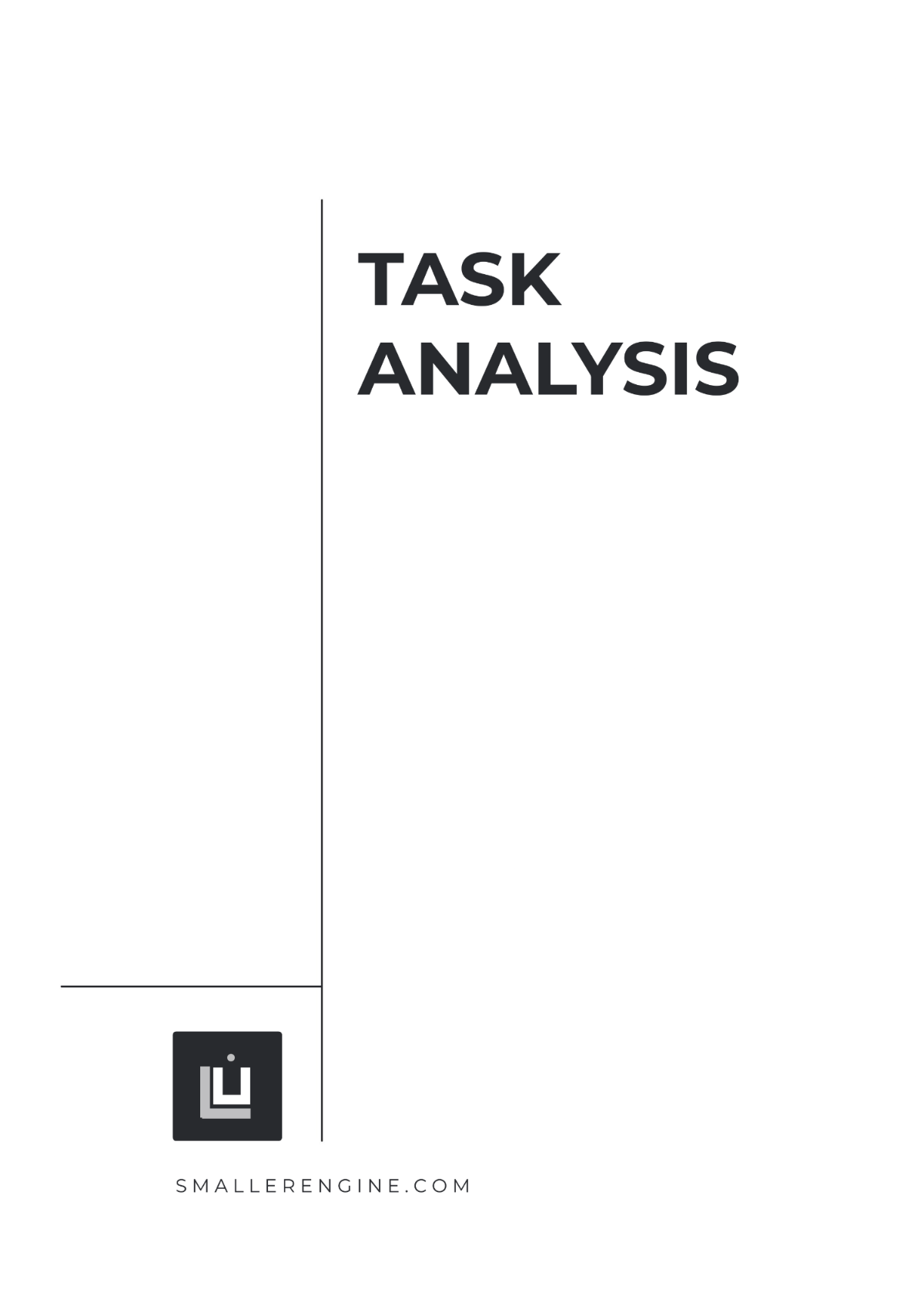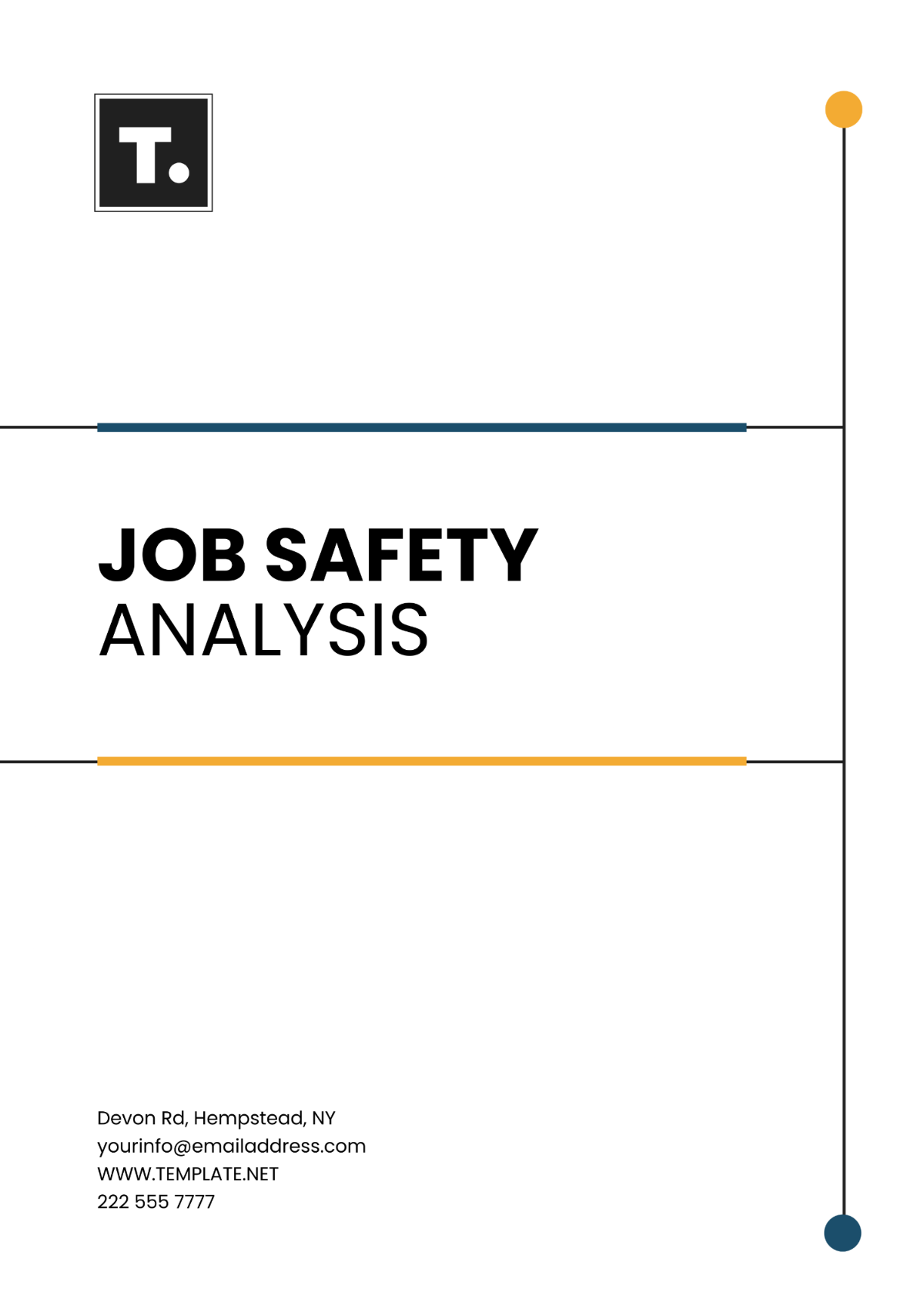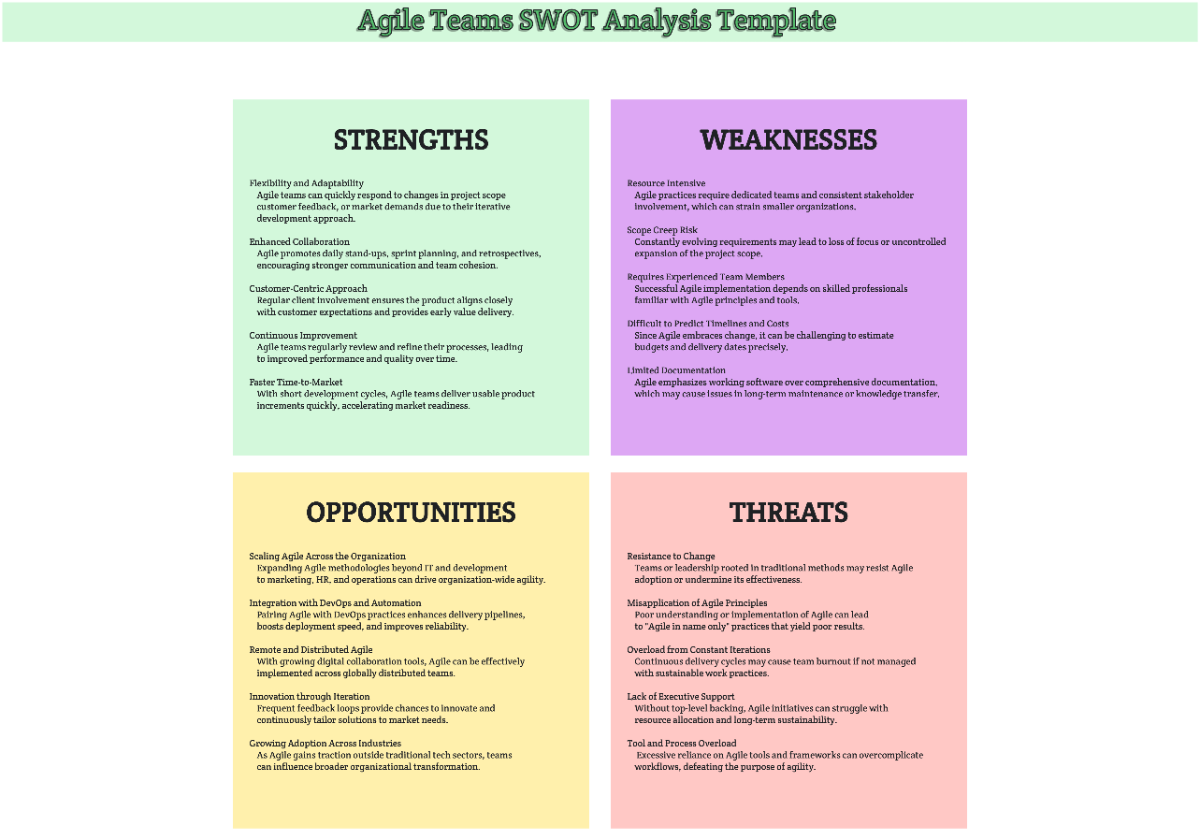Ethnography Analysis
Prepared By: [Your Name]
Company Name: [Your Company Name]
Date: [Date]
1. Introduction
Ethnography Analysis provides an in-depth exploration of organizational culture within a tech startup. This analysis aims to uncover the underlying social dynamics, behaviors, and cultural practices that shape the startup environment. By immersing ourselves in the daily operations and interactions within the organization, we gain valuable insights into how the startup's culture influences employee engagement, productivity, and overall organizational effectiveness.
2. Methodology
2.1 Research Design
The research design for this ethnographic study involved a combination of participant observation, in-depth interviews, and document analysis. The focus was on capturing the daily experiences of employees and understanding their perspectives on organizational culture.
2.2 Data Collection
Data was collected through the following methods:
Participant Observation: Researchers spent time in the workplace, observing interactions, meetings, and informal conversations.
In-depth Interviews: Semi-structured interviews were conducted with employees from various levels of the organization.
Document Analysis: Review of internal documents, including company policies, communication materials, and performance reports.
2.3 Data Analysis
The collected data was analyzed using thematic analysis, which involved identifying patterns and themes related to organizational culture. Key themes were extracted from the observation notes, interview transcripts, and document reviews.
3. Findings
3.1 Organizational Culture
The analysis revealed several key aspects of the organizational culture at the tech startup, as detailed in the following table:
Aspect of Organizational Culture | Description |
|---|---|
Innovative Mindset |
|
Collaborative Environment |
|
Flexible Work Arrangements |
|
3.2 Employee Engagement
Employee engagement was found to be high, with several factors contributing to this positive outcome, as outlined in the following table:
Factor Contributing to Employee Engagement | Description |
|---|---|
Open Communication |
|
Recognition and Reward |
|
Professional Development |
|
4. Analysis
4.1 Impact of Organizational Culture
The organizational culture at the tech startup plays a crucial role in shaping employee behavior and performance. The emphasis on innovation and collaboration creates a dynamic work environment where employees feel motivated and engaged. The flexibility in work arrangements supports work-life balance, contributing to overall job satisfaction.
4.2 Recommendations for Improvement
Enhance Communication Channels: Introduce additional informal communication platforms, like chat systems, to foster spontaneous interactions and strengthen team cohesion. This will enhance connectivity and ensure employees remain engaged and informed.
Expand Recognition Programs: Develop more structured recognition programs to consistently acknowledge employee achievements. Formal awards and milestone celebrations can further boost morale and motivation, reinforcing a culture of appreciation.
Increase Focus on Wellness Initiatives: Implement comprehensive wellness programs, including health and fitness resources and mental health support. These initiatives will help employees manage stress, maintain a healthy work-life balance, and enhance overall job satisfaction.
5. Conclusion
The ethnographic analysis of the tech startup's organizational culture highlights the positive impact of an innovative, collaborative, and flexible work environment. By understanding these cultural dynamics, the startup can continue to build on its strengths and address areas for improvement. The insights gained from this analysis provide a valuable foundation for enhancing organizational practices and supporting employee engagement.
6. References
Smith, J. (2054). Organizational Culture in Startups: A Case Study. Journal of Business Research, 58(3), 45-67.
Johnson, L. (2053). Innovation and Collaboration in Tech Companies. Technology Management Review, 12(2), 88-102.


